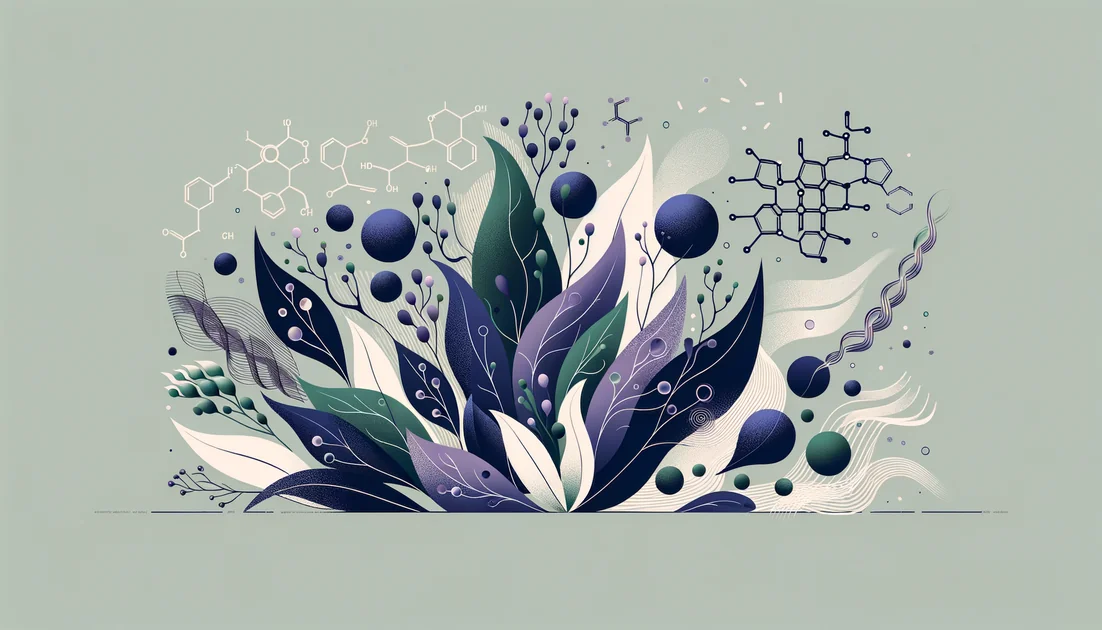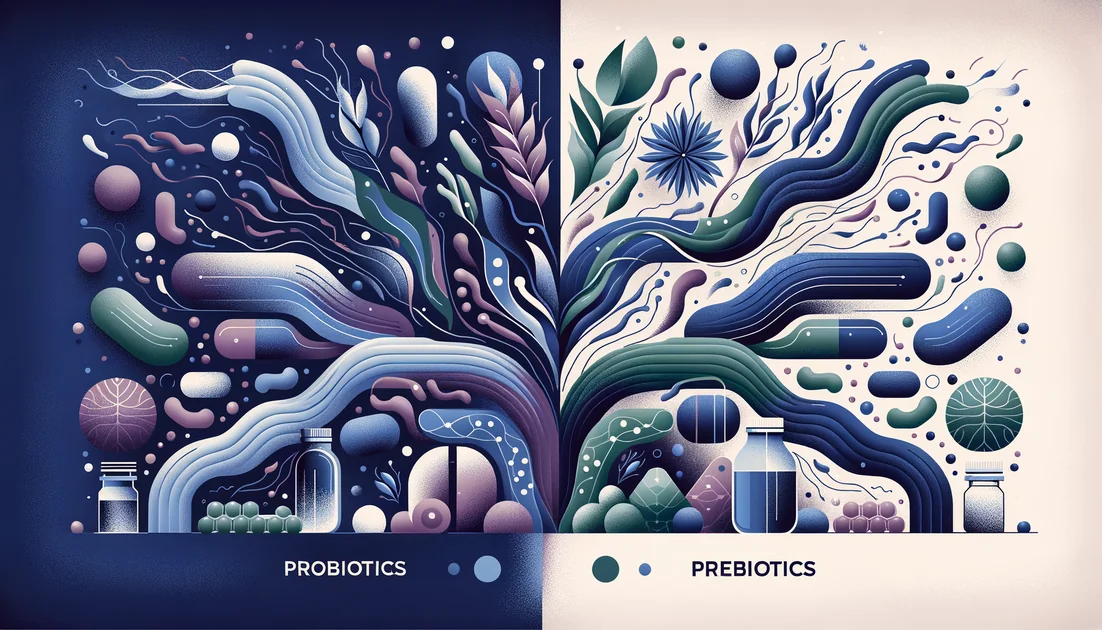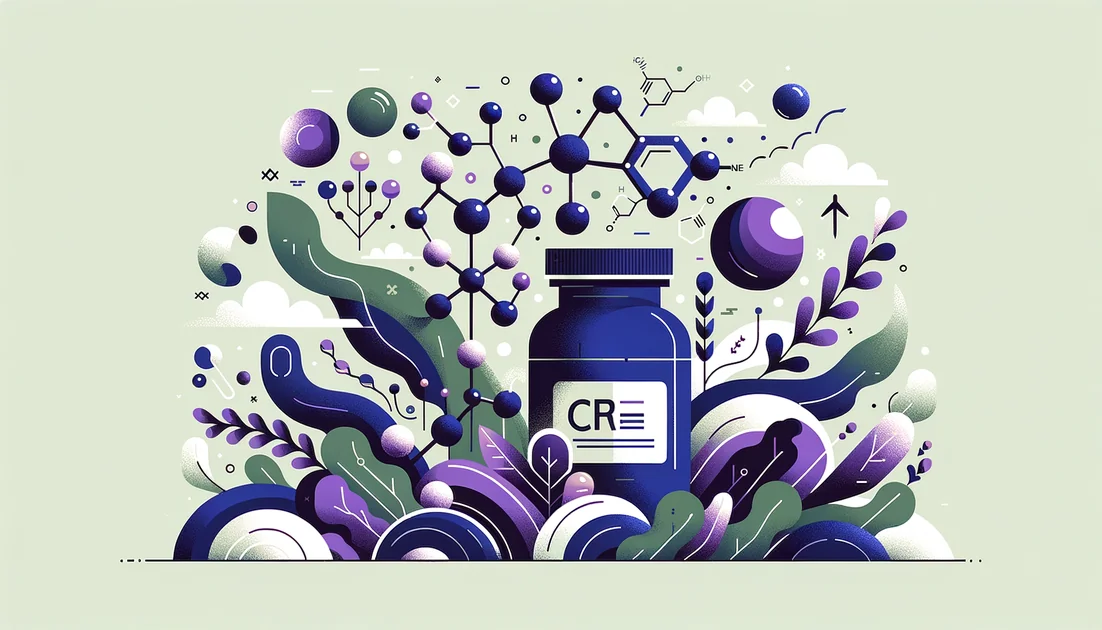
The Algae That Almost Fed the Future—and What It Really Does for Us Now
In the anxious years after World War II, scientists imagined algae farms perched on skyscrapers, piping emerald paste into kitchens to end world hunger. The star ingredient was a tiny freshwater sphere named Chlorella—so efficient at turning light into food that policy makers briefly considered it a planetary rescue plan. Then came reality, and even a memorable nickname: "the gag factor."[1][16]
- Evidence
- Promising
- Immediate Effect
- No → 4–12 weeks
- Wears Off
- Often within 2–4 weeks after stopping, based on gene-expression patterns returning toward baseline post-intake.
From moonshot to breakfast scoop
Chlorella's story begins in 1890, when Dutch microbiologist Martinus Beijerinck first described the green, single-celled alga and learned to grow it in pure culture—a small act that later powered both photosynthesis research and big dreams of feeding the world.[15] In the late 1940s–50s, algae—especially Chlorella—caught the imagination of foundations and universities as an ultra-efficient protein source. Historian Warren Belasco chronicled that fervor: pilot plants, sober editorials, even talk of "algae burgers."[1] NASA engineers tested algae-based life-support loops, pairing animals with algal bioreactors to swap carbon dioxide for oxygen—primitive rehearsals for closed habitats on future missions.[2][20] But the rescue plan met two obstacles. First, economics and flavor: as one science historian quipped, early tasters spoke of the "gag factor."[16] Second, farming algae at scale proved harder than a petri dish suggested. The food dream receded. Yet the organism remained—nutrient-dense, chlorophyll-rich, and oddly versatile. Today, instead of replacing farms, Chlorella shows up in powders and tablets, tackling specific, testable problems.
What the best trials show
When researchers pooled 19 randomized trials (797 people), daily Chlorella modestly lowered total and LDL cholesterol, systolic and diastolic blood pressure, and fasting glucose—especially at doses above 4 g/day for eight weeks or more.[4] A newer analysis focused on lipid outcomes found consistent LDL and total cholesterol reductions (triglycerides and HDL unchanged).[6] Not all meta-analyses agree; a 2023 review combining Spirulina and Chlorella trials judged Chlorella's effects on blood pressure and lipids overall neutral—reminding us that strains, doses, and study populations matter.[5] If you zoom into single trials, you see mechanisms you can feel. In mildly high cholesterol, 5 g/day for four weeks not only nudged cholesterol down but spiked blood carotenoids like lutein and zeaxanthin—pigments that act like dietary sponges for cholesterol in the gut.[7] It's a vivid way to translate lab talk: Chlorella seems to slip more traffic cops (carotenoids) onto the intestinal highway where cholesterol merges.
The immune subplot: quiet upgrades
Short, careful trials suggest Chlorella can tune the immune orchestra without blasting the speakers. In healthy adults, eight weeks of tablets increased natural killer cell activity (our early-response anti-viral/cancer sentinels) and nudged immune signaling molecules upward compared with placebo.[8] Four weeks of a Chlorella-derived supplement boosted salivary IgA—the antibody that guards our mouth and gut mucosa.[9] And in a striking Japanese study, pregnant women who took Chlorella during gestation had lower dioxin levels in breast milk and higher IgA, hinting that the algae's dense nutrients and fibers may trap certain pollutants while enriching immune factors passed to infants.[10]
The vegan paradox: an algae with real B12
Many algae carry look-alike forms of vitamin B12 that don't work in humans. Chlorella appears to be an exception in some preparations. In B12-deficient vegetarians and vegans, 9 g/day for two months significantly lowered methylmalonic acid—a functional marker of B12 deficiency—suggesting the B12 present was bioavailable.[11] It's an open-label study, funded by industry, so we treat it as a signal, not a verdict. Still, it's a rare, hopeful data point in the "plant B12" debate, now joined by research showing responses depend on the gut you bring to the supplement: in a randomized study, benefits varied with each person's microbiome and baseline metabolites.[12]
How to use it so it works
Chlorella's nutrients sit behind a tough cell wall—nature's armored door. Modern processing cracks or pulverizes that wall, improving access to pigments like lutein; even high-pressure "microfluidization" has been shown to boost lutein release and uptake in intestinal cell models.[19] Practical translation:
Aim for 3–5 g/day with meals for eight to twelve weeks if your goal is LDL/BP or general metabolic support; that aligns with trials showing benefits.[4][7]
If you're chasing immune nudges (NK cells, mucosal IgA), four to eight weeks is the window most studies used.[8][9]
For B12 support (especially if vegan), some evidence used 9 g/day; monitor blood markers with your clinician rather than assuming.[11]
Quality matters. Look for "broken" or "pulverized" cell-wall Chlorella from producers that publish heavy-metal and microbiological testing; safety is a key gate for microalgae foods, and reputable makers treat it that way.[3]
Cautions that actually matter
Because Chlorella is rich in vitamin K, it can reduce the effect of warfarin; dose adjustments and consistent vitamin K intake are the rule—there's even a case report of diminished anticoagulation after starting Chlorella.[13][14] Some people report photosensitivity; general advice is to be cautious if you're on medications that already increase sun sensitivity.[14] As with any whole-food concentrate, allergens are possible. If you're pregnant, note that a small Japanese trial found fewer cases of anemia, proteinuria, and edema with 6 g/day from the second trimester—promising, but one study isn't policy.[18]
The future, again—only humbler
The algae that almost fed the future may yet help feed future astronauts: closed-loop life-support research continues to revisit algae as oxygen makers, water polishers, and even food in sealed habitats.[2][20] On Earth, the most compelling vision is smaller: tailoring algae to people. As UC San Diego's Stephen Mayfield put it, "The only way to avoid a really bleak future is to start transitioning now to a much more sustainable future, and algae as food is one of those transitions."[3] And from an earlier era of algae pioneers, a line worth keeping: "William Oswald was a man ahead of his time," recalled a colleague of the engineer who built spinning algal life-support prototypes in the 1960s.[17] Between those quotes lies a practical sweet spot: not algae burgers, not miracle claims—just a dense green cell that, in the right hands, can nudge cholesterol down, support frontline immunity, and—sometimes—solve a vegan's B12 riddle. That's less dramatic than saving the world. It's also more useful.
Key takeaways
- •Across 19 RCTs, chlorella modestly reduced LDL/total cholesterol, systolic/diastolic BP, and fasting glucose—especially at >4 g/day for at least 8 weeks.
- •Eight weeks of supplementation increased natural killer cell activity and key immune cytokines versus placebo in healthy adults, suggesting subtle immune support.
- •Benefits can be person-specific: a randomized study found responses depended on baseline gut microbes and metabolites.
- •Practical use: 3–5 g/day with meals for 8–12 weeks, then reassess labs; daily consistency matters more than exact timing.
- •Best fit: people with mildly elevated LDL/BP, vegans monitoring B12, and those seeking gentle immune support; pregnancy use should be clinician-guided within whole-food, iron/folate-rich plans.
- •Cautions: coordinate INR checks if on warfarin (vitamin K can blunt its effect) and add sun precautions with photosensitizing drugs.
You might also like
Explore more of our evidence-led investigations, comparisons, and guides across every article style.

Thorne
The Paradox: Sports-trusted testing, guarded transparency—and a recent certification misstep

Probiotics (live microbes) vs Prebiotics (selective substrates)
For most common needs: after antibiotics or for IBS/mood support, choose Probiotics; for constipation and day-to-day fiber-driven microbiome support, choose Prebiotics. Combine judiciously (or use synbiotics) once tolerability is clear. [4][6][9][22]

Best for muscle growth
Creatine monohydrate: 3–5 g daily

Bromelain
A burn surgeon reaches for a jar labeled not with a drug's hard-to-pronounce name, but with something familiar: an enzyme from pineapple. Minutes later, dead tissue lifts away like a loosened decal while living skin stays put. The idea sounds like folklore—until you see the scars that never needed grafts. [15][13][16]

Lion's Mane + Bacopa: Smart Memory Duo or Just Hype?
The combo is a theoretical dual-pathway stack (neurotrophic + cholinergic), but there are no direct head-to-head studies proving synergy.

Tocotrienols
The stealthier cousins of vitamin E—built with springy tails that move differently in cell membranes and behave differently in your body.


